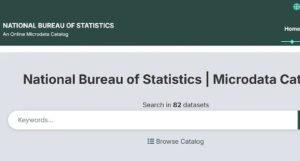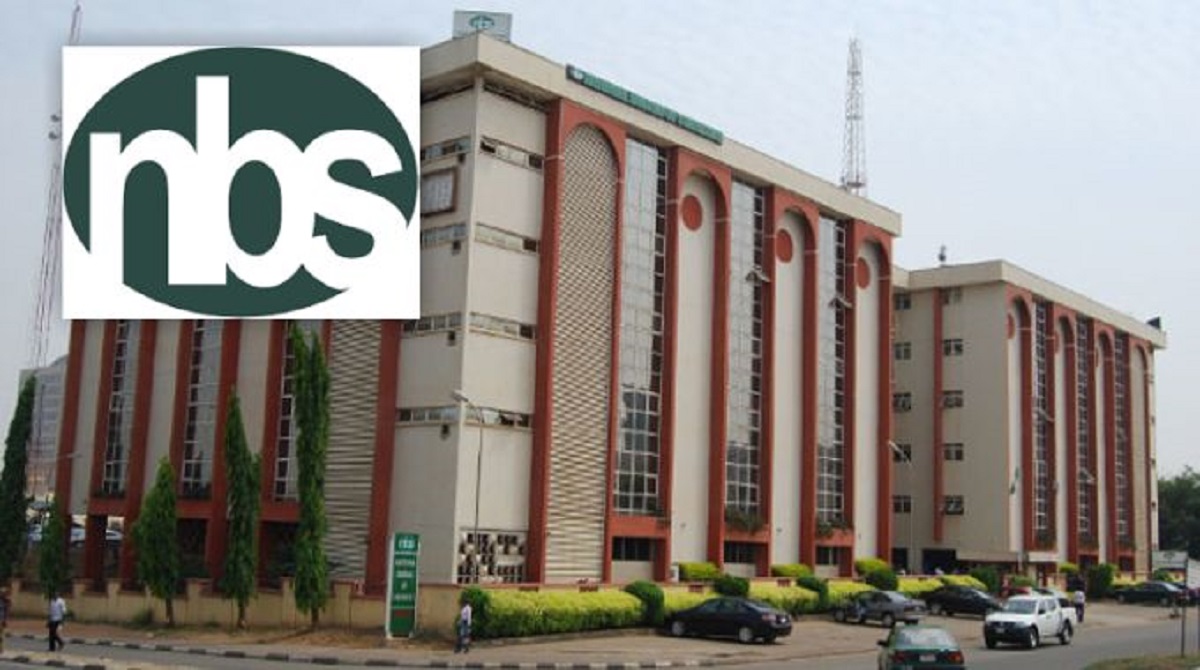National Bureau of Statistics (NBS) website is back online after being inaccessible for 29 days following a cyberattack.
The hack, confirmed by the bureau on December 18, 2024, had raised significant concerns over data security and economic reporting in Nigeria.
While the website has been restored, the controversial crime experience and security perception report is no longer available.
The NBS website was compromised just 24 hours after the bureau published the report, which stated that Nigerians paid ₦2.23 trillion as ransom between May 2023 and April 2024.
The report also revealed that 51.89 million crime incidents were recorded across Nigerian households during the period, with the north-west reporting the highest number of incidents at over 14 million, while the south-east recorded the lowest with over six million cases.
The data also indicated that rural areas experienced more crime (26.5 million cases) compared to urban areas (25.3 million).
Following the report’s publication, media outlets speculated that the statistician-general of the federation, Adeniran Adeyemi, was invited for questioning by the Department of State Services (DSS) over the methodology and data used in the survey.
However, Ichedi Sunday, head of communications at NBS, dismissed the claims, stating, “The arrest claim is not true,” and clarified that the statistician-general was never interrogated by the DSS.

The Cable reported that the cyberattack also had implications for Nigeria’s monetary policy. The Central Bank of Nigeria (CBN) had originally scheduled its Monetary Policy Committee (MPC) meeting for January 25-28, 2025, but rescheduled it to February 17-18, 2025, after the NBS was unable to publish the December 2024 inflation report on time.
Under the adjusted schedule, the MPC will hold five meetings in 2025, with the first now set for February.
Economist Muhammad Bello highlighted the broader implications of the extended website downtime, emphasizing that the delay in policy responses, loss of investor confidence, and reduced trust in government institutions are serious concerns.
“The delay in economic policy responses, loss of confidence and interest by investors, decreased trust in government, and the potential loss of credibility for the NBS as an institution are significant concerns” he said.
Bello added that many foreign investors rely on NBS data for decision-making, and such disruptions could deter investments.
“Most potential investors rely on the statistics being published, even though they are sometimes faulty, to make investment decisions. Imagine having this experience and information about the website going down—what would be your thoughts about investing in a country like that?”
Segun Sanni, an economist and retired banker, also raised concerns about data integrity following the cyberattack, questioning whether old data had been adequately backed up and protected.
“The NBS is currently in the process of rebasing the Nigerian GDP. A lot of data would have been collected and a lot of work done in that process.
“Are the data still available and the extensive work done not compromised for the GDP rebasing exercise?” he asked.
Sanni further stressed that the hack restricted critical data access for investors, analysts, researchers, and policymakers, potentially delaying key economic assessments and decisions.
![]()






























































